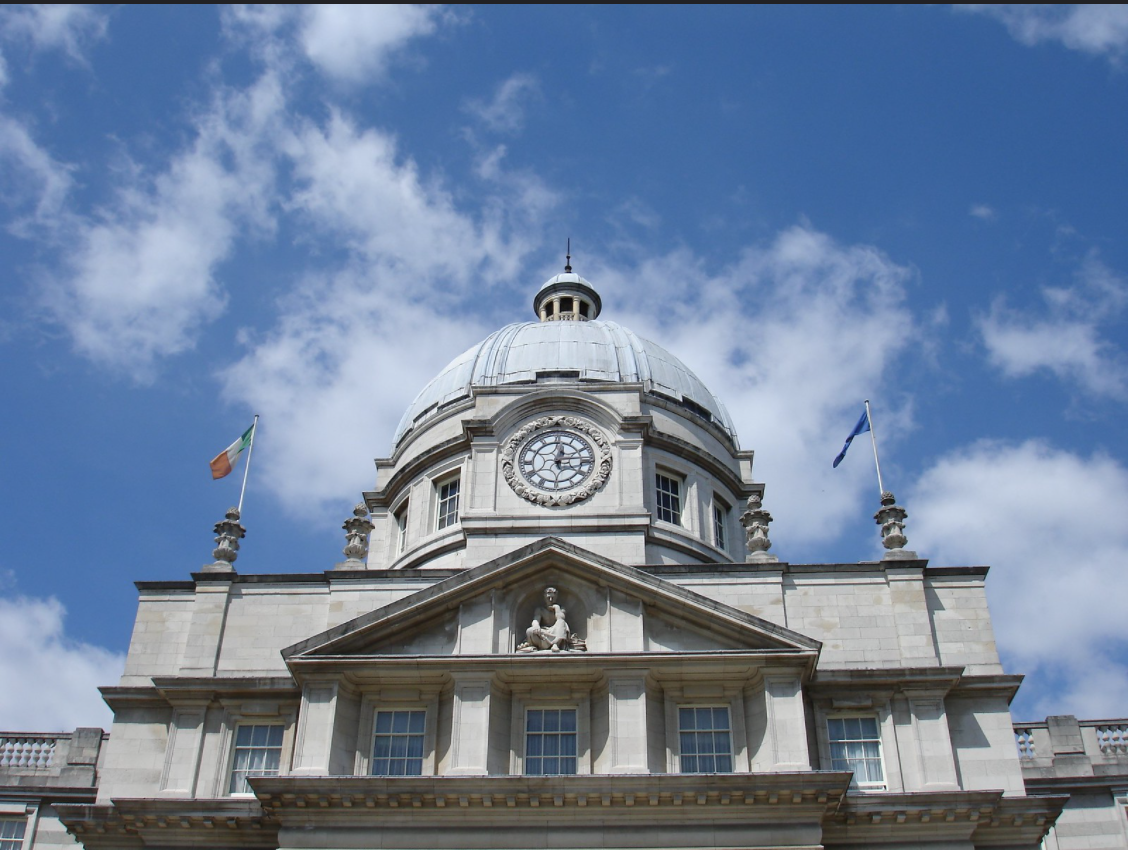Gary Murphy (DCU)
Eighteen weeks after the Irish general election a new government is now in sight. Given that the two main parties, Fianna Fáil and Fine Gael, which have dominated Ireland’s politics for close to a century are set to come together for the first time it will be the most historic coalition in the history of the state.
Given the antipathy of Fianna Fáil and Fine Gael to each other questions arise as to whether the coalition will last. The addition of the Greens makes it even more complex. And, of course, there are still questions as to whether the coalition will even get off the ground as doubts remain about whether the Green membership in particular will give it their blessing. Their two thirds bar is a high one.
Still no programme for government has ever been rejected by an Irish political party before. If the Green membership do reject this programme that their elected representatives spent weeks negotiating it will spawn an existential crisis for the party. It will also throw Irish politics into ever further turmoil and lead most likely to another general election in the midst of the worst pandemic to hit the globe in a century.
For now, though there is a programme for government and the imprint of the Greens is all over it. The document entitled Our Shared Future, is 126 pages in length, by far the longest programme for government in the history of the state. It has been criticised as being woolly but contains a number of key policy commitments on climate change, including a legal target of an average of a seven percent reduction in carbon emissions per annum from 2021 to 2030.
In a good old fashioned reference to the New Deal it promises a Green Deal in its first hundred days by enshrining in law a target of net zero emissions by 2050 and a package for retrofitting of houses for greater energy efficiency. It proposes to ban the new issuing of licenses for gas exploration and extraction, and the import of fuels from fracking.
The Green influence in also noticeable in the two to one split on capital spending between public spending and roads and the increase in carbon taxes to €100 per tonne. The latter proposal has been attacked by Sinn Féin and the smaller left wing parties as being a tax on poverty.
The programme for government has been criticised for its lack of costings, something which the outgoing minister for finance Paschal Donohoe has defended mainly due to the uncertainty around the ongoing impact of Covid19. In a nod to its own constituency Fine Gael has won the battle around taxation in the document as it declares there will be no increases in income taxes or the Universal Social Charge.
Whether this is sustainable in light of the ongoing pandemic and the spending commitments the programme for government promises in highly debatable. Brexit still remains the great unknown in Irish politics and document ominously points to the possibility of an additional economic shock at the end of this year. It promises to strengthen bilateral relations with the United Kingdom while maintaining EU solidarity through regular engagement with member states on Brexit
Fianna Fáil are desperately keen to get into government and the suspicion remains that its leaders Micheál Martin would have signed up to any deal. It will pin much of its hopes on solving the housing crisis with its guarantee to increase the social housing stock by 50,000 in lifetime of the government.
Fianna Fáil’s general election result, returning 38 TDs, was calamitously bad when it had high hopes of winning close to sixty seats. Its poll ratings are at 14 per cent, worse than during the economic crash of over a decade. Another general election is the last thing the party wants but there is also significant grassroots opposition to the deal. Nevertheless, as Fianna Fáil only needs to win a majority of its members it is likely to pass the deal comfortably. The same applies to Fine Gael who use an electoral college system wherein the parliamentary party holds most sway.
If the party memberships do give the programme for government the green light it is likely to be as loveless a coalition as ever there was in Ireland. It faces huge challenges and an emboldened Sinn Féin in opposition. But it has every reason to want to succeed and it might well silence its critics if it governs with openness and transparency.
Gary Murphy is Professor of Politics at Dublin City University
Image credit: Merrion Street



